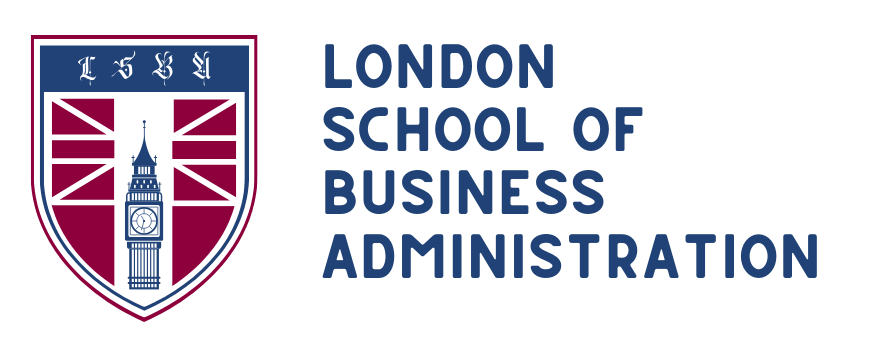Blog
The Psychology of Leadership: Understanding What Makes a Good Leader
Leadership is a multifaceted concept that encompasses various attributes, behaviours, and skills. At its core, leadership is about influencing others, guiding teams, and driving organisational success. However, what truly distinguishes effective leaders from the rest is their understanding of the psychological principles that underpin human behaviour and motivation. In this blog post, we delve into the psychology of leadership and explore the key characteristics that make a good leader.
The Psychological Foundations of Leadership
Understanding the psychology of leadership involves examining the mental processes and emotional dynamics that influence how leaders behave and how they are perceived by their followers. Several psychological theories and models provide insights into effective leadership:
- Trait Theory
- Inherent Qualities: This theory posits that certain inherent qualities and traits, such as intelligence, self-confidence, and integrity, are associated with effective leadership.
- Personality Traits: Research suggests that personality traits like extraversion, openness, and conscientiousness are often found in successful leaders.
- Behavioural Theory
- Learnable Behaviours: Unlike trait theory, behavioural theory focuses on the actions and behaviours that leaders can learn and develop.
- Leadership Styles: Common leadership styles include autocratic, democratic, and laissez-faire, each with its unique impact on team dynamics and performance.
- Situational Leadership
- Contextual Adaptability: This approach emphasises the importance of adapting leadership style to the specific context and needs of the team.
- Flexibility: Effective leaders are those who can switch between directive and supportive behaviours depending on the situation.
- Transformational Leadership
- Inspirational Vision: Transformational leaders inspire and motivate their followers by creating a compelling vision for the future.
- Emotional Intelligence: High levels of emotional intelligence (EQ) allow transformational leaders to connect with their team on an emotional level, fostering trust and commitment.
Key Characteristics of Good Leaders
Based on psychological insights, several key characteristics define good leaders:
- Self-Awareness
- Understanding Strengths and Weaknesses: Good leaders possess a deep understanding of their own strengths and areas for improvement.
- Reflective Practice: Regular self-reflection helps leaders to learn from experiences and continually improve their leadership skills.
- Emotional Intelligence
- Empathy: The ability to understand and empathise with others’ emotions is crucial for building strong relationships and trust.
- Self-Regulation: Effective leaders can manage their own emotions, remaining calm and composed under pressure.
- Effective Communication
- Clarity and Transparency: Good leaders communicate clearly and transparently, ensuring that their team understands goals, expectations, and feedback.
- Active Listening: They actively listen to their team members, valuing their input and fostering an open dialogue.
- Vision and Strategic Thinking
- Forward-Thinking: Successful leaders have a clear vision for the future and the ability to think strategically about how to achieve it.
- Goal Setting: They set realistic yet challenging goals and develop actionable plans to reach them.
- Adaptability and Resilience
- Flexibility: The ability to adapt to changing circumstances and pivot strategies when necessary is a hallmark of good leadership.
- Resilience: Effective leaders demonstrate resilience, recovering quickly from setbacks and maintaining a positive outlook.
- Integrity and Ethical Behaviour
- Honesty and Trustworthiness: Good leaders act with integrity, maintaining honesty and trustworthiness in all their dealings.
- Ethical Decision-Making: They prioritise ethical considerations in their decision-making processes, setting a positive example for their team.
- Empowerment and Delegation
- Empowering Others: Successful leaders empower their team members, giving them the autonomy to make decisions and take ownership of their work.
- Delegation: They effectively delegate tasks, recognising the strengths of their team members and trusting them to deliver results.
The Role of Leadership Development
Developing these characteristics and skills requires a commitment to continuous learning and personal growth. Leadership development programmes play a crucial role in this process by:
- Providing Training and Education: Offering courses and workshops on leadership theories, skills, and best practices.
- Fostering Self-Reflection: Encouraging leaders to engage in self-reflection and self-assessment to identify areas for improvement.
- Promoting Mentorship and Coaching: Facilitating mentorship and coaching relationships to provide guidance, feedback, and support.
- Encouraging Experiential Learning: Providing opportunities for leaders to apply their skills in real-world situations, gaining practical experience and insights.
Conclusion
The psychology of leadership offers valuable insights into what makes a good leader. By understanding and cultivating key characteristics such as self-awareness, emotional intelligence, effective communication, vision, adaptability, integrity, and empowerment, individuals can enhance their leadership effectiveness. At the London School of Business Administration, we are dedicated to developing future leaders who are equipped with the psychological insights and practical skills needed to lead successfully in today’s complex and dynamic world. Join us as we explore the intricate dynamics of leadership and prepare to make a positive impact on your organisation and beyond.


